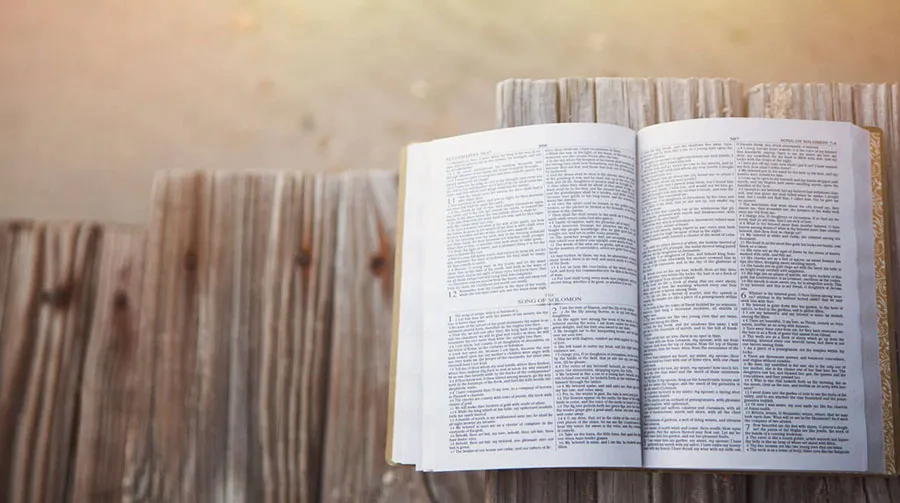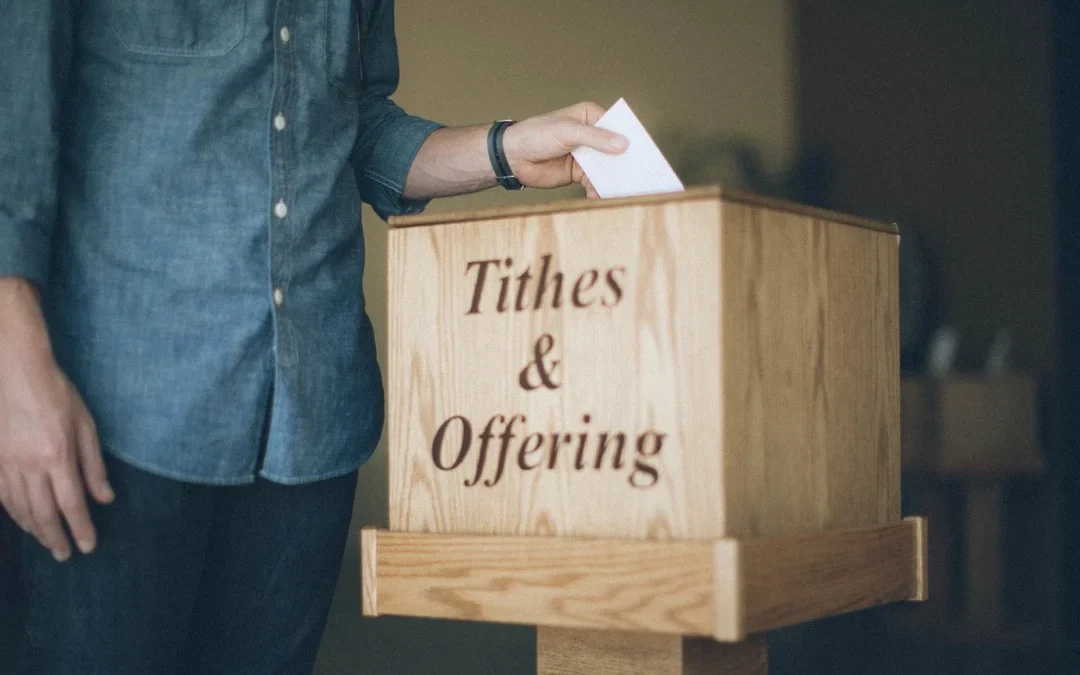The French physician, author, and satirist François Rabelais left a bit of humor in his one-line will. He wrote, “I have nothing, owe a great deal, and the rest I leave to the poor.”
You may share Rabelais’s feelings as you evaluate your situation. We often hear people question the need to plan their estates. The inner conversation could go something like this:
“I do not own much, and I don’t know what will happen between now and the time I die. I might face hospital bills and nursing facilities, or the economy might be terrible; there are just too many variables. Hopefully I’ll just have enough to get by.”
However, when individuals examine their assets, they often realize they have more than they thought. Your home, life insurance, household goods, retirement benefits, savings accounts, and stocks and bonds all add up. It is important to consider how they will be distributed when you leave this world. Regardless of the size of your estate, making a plan is an act of stewardship.
For many, a will combined with a durable power of attorney—to manage property in case of disability prior to death—is sufficient. For others, it might be necessary to create a trust. If you have minor children or your estate is large enough to be taxable, a trust is likely needed. Whether you choose to set up a will or a trust, it is important to begin the process by taking an inventory and outlining your plans.
Proper planning may not be as costly or as complicated as you think. If you feel unsure where to start, email us at contactcenter@cdfcapital.org or call us at 888-540-7112. We can answer questions and connect you with experienced professionals who have helped thousands of Christians through this process.




